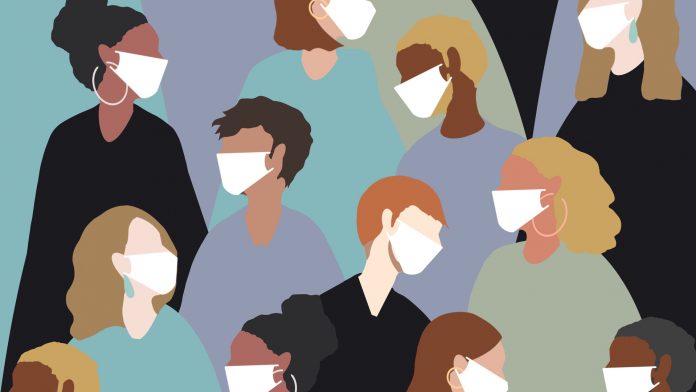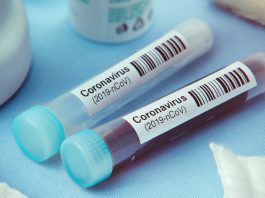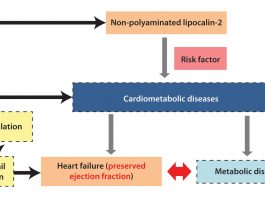Due to the current outbreak of COVID-19, all science sectors are rushing to help reduce its impact, but how is the bioengineering sector looking to combat the pandemic?
In an interview with Innovation News Network, Peggy Oti-Boateng, Director of the Division of Science Policy and Capacity Building in the Natural Sciences Sector at UNESCO Headquarters, discussed the current COVID-19 pandemic and how the bioengineering sector is aiding its demise.
How prepared is the bioengineering sector to tackle COVID-19?
“UNESCO has launched Open Science. Open Science is bringing everybody together by sharing data globally. Bioengineers have been able to share the algorithms for predicting the biomolecular structure of COVID-19 to better understand what will be needed to develop a vaccine. Now, bioengineers are working alongside healthcare professionals to help provide robotic support to streamline drug delivery.
“They’ve also developed protective clothing so that doctors can interact with patients without fear of spreading the disease itself. Our partners, The World Federation of Engineering Organisations noted in a public statement that was released yesterday, that bioengineering offers enormous opportunities to develop new healthcare innovation by blending two traditional disciplines. This will be further enhanced by recruiting a diverse range of problem solvers, so please go online to UNESCO to read more about the role of bioengineers in tackling the COVID-19.
“Bioengineering is involved in so many aspects in medicine. A suit is now being developed, which is unlike the common mask which really only protects a piece of your face, this ‘bioclothing’ covers the whole face, so that you don’t have direct contact with a patient, which will reduce the incidents of doctors contracting the disease. It’s to be used for other protective clothing in chemical laboratories buy it can also be modified for use in the COVID-19.”









